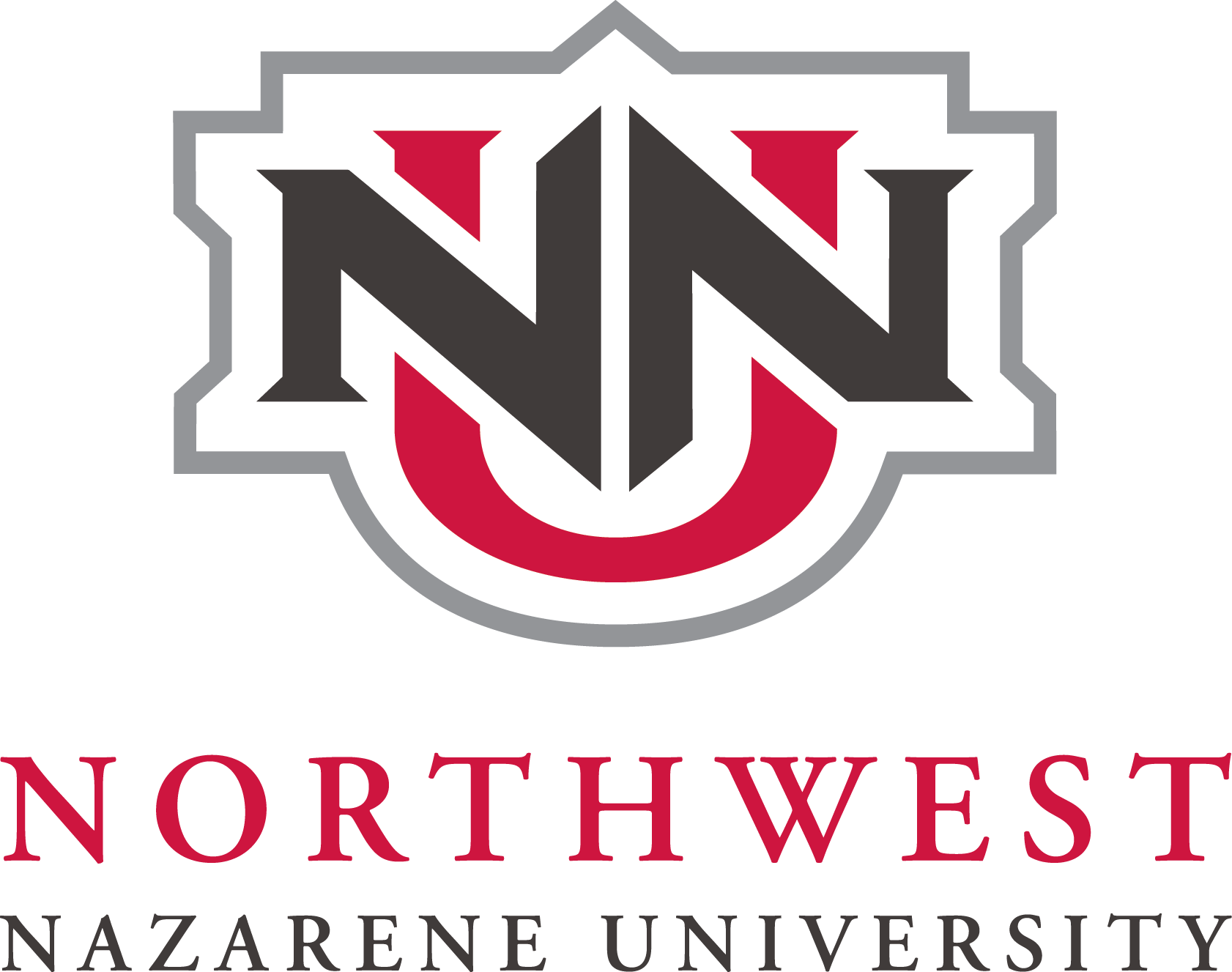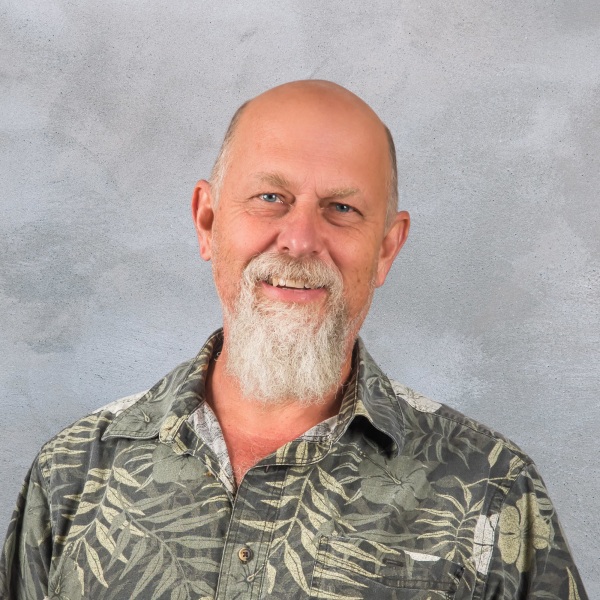John Cossel
Professor of Biology
Biography: Dr. Cossel is an Idaho native, growing up on a farm in Marsing, Idaho. He is also an alum of Northwest Nazarene University, graduating in 1991. Immediately after finishing his degree at NNU, Dr. Cossel began his career as a science educator, teaching high school science for 5 years. During that time, he obtained his MS in Science Education (with a marine emphasis) from Oregon State University. Upon completion of his master’s degree, he immediately began his studies in the Doctor of Arts program at Idaho State University. His dissertation was on the impacts of fire-altered desert vegetation on reptile communities. He has been at NNU full-time since 1999 and is a Professor of Biology and the Chairman of the Biology Department. Dr. Cossel is the major adviser for a variety of majors and/or degree concentrations including: Biology BA, Biology Education, Pre-Veterinary and Wildlife Biology and Ecology degrees. Dr. Cossel teaches a wide range of topics but focuses on anatomy & physiology and wildlife courses. He is a herpetologist (amphibian and reptile expert) and conducts research in the Pacific Northwest and in the Neotropical Rainforests. His work has resulted in numerous publications, many of them with student co-authors. Recent work by Dr. Cossel and his students focuses on the bioacoustics of anurans (frogs and toads) and alpha-taxonomy (describing new species).
Favorite Thing About Working at NNU: I love helping students realize their dreams. Seeing their appreciation for God’s Creation grow commensurate with their content knowledge and professional skills; this is extremely rewarding!
Share a few facts about your specific area(s) of expertise that you bring to the classroom: When I am teaching herpetology, I am able to draw on my vast experience with reptiles and amphibians both here in the Pacific Northwest, as well as in the Neotropics. I am also able to draw on these field and research experiences as I guide students through their own scientific and professional development in our research seminar courses. I also have a strong background in anatomy and physiology (A&P). Working in healthcare for a few years, and having a spouse that has been in nursing over 30 years I have a wealth of stories and practical examples of how the content students are learning in A&P is important and applicable.
Share a few pieces of information that represent your teaching experience and why you love working with students: In human anatomy and physiology lab, a student might be peering into a microscope in an effort to understand the complexities of the cells and tissues making up the skin. I am able to come alongside them and help them make sense of the tangle of textures and colors they are viewing. With some practice, they are able to connect form with the function of those tissues and this is very rewarding for me! On one of the field trips we take in herpetology, we visit a rattlesnake den. After proper instruction and training, it is satisfying to see a student safely holding a live rattlesnake, knowing that just months ago they would have never dreamed of being able to do so! In cadaver dissection, I have the great joy of seeing students deepen their understanding of human anatomy as they dissect. It is particularly rewarding when the students present their independent dissection projects in the spring. It is a culminating event that allows them to demonstrate their skill at dissecting and the knowledge they have gained.






